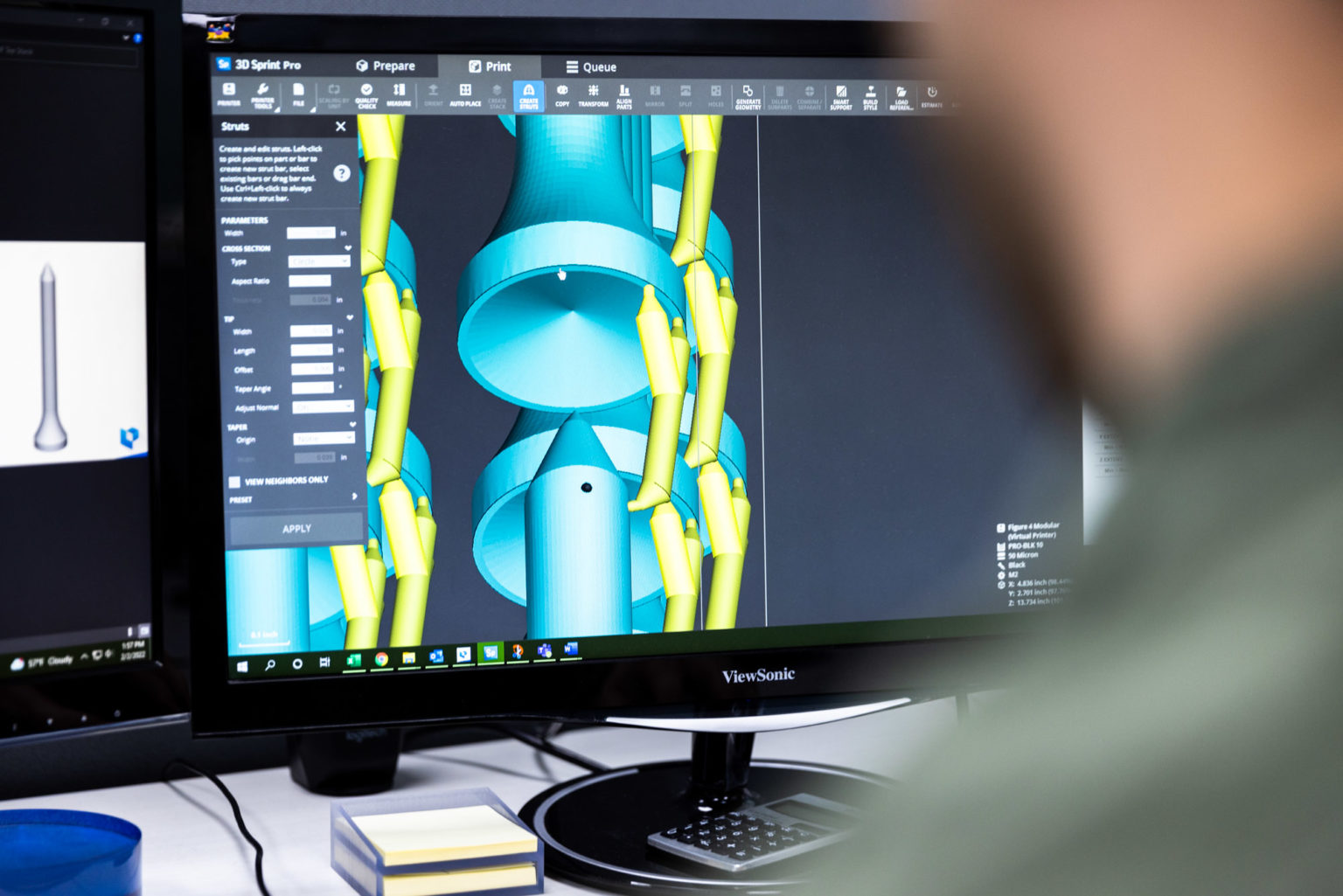Selecting the right rapid prototyping service is a strategic decision that significantly impacts the success of a product development project. This article serves as a guide for businesses, offering insights and considerations to navigate the landscape of rapid prototyping providers and make informed choices aligned with their specific needs. If you are searching for a reliable and cost-effective rapid prototyping service, you can navigate this website.
Understanding Project Requirements: Clarity in Objectives
Emphasizing the importance of understanding project requirements before choosing a rapid prototyping service. The article guides businesses to gain clarity on their project objectives, including factors such as material specifications, precision requirements, production volume, and budget constraints. This foundational understanding forms the basis for selecting a provider that aligns with specific project needs.

Technological Expertise and Capabilities
Highlighting the significance of evaluating the technological expertise and capabilities of rapid prototyping service providers. Different projects may require different prototyping technologies. The article advises businesses to choose providers with a diverse range of technologies and the expertise to recommend the most suitable approach based on project specifications.
Prototyping Materials: Diversity and Quality
Addressing the importance of prototyping materials in the selection process. Businesses should consider the range and quality of materials offered by prototyping services. Whether it's plastics, metals, or specialized materials, the availability of diverse options allows for flexibility in material selection based on project requirements.
Scalability and Production Capabilities
Exploring the scalability and production capabilities of rapid prototyping services. While some projects may only require a few prototypes, others may involve larger production volumes. The article advises businesses to choose a provider capable of scaling production to meet their specific needs, ensuring seamless transitions from prototyping to full-scale production if required.
Quality Assurance and Testing Protocols
Emphasizing the importance of quality assurance and testing protocols in the rapid prototyping process. Businesses should inquire about the provider's quality control measures, testing protocols, and adherence to industry standards. A commitment to quality ensures that prototypes are accurate, reliable, and reflective of the intended design.
Turnaround Time and Project Management
Addressing the considerations of turnaround time and project management. Businesses should assess the provider's ability to meet project deadlines and manage the prototyping process efficiently. Transparent communication, clear project timelines, and a commitment to meeting deadlines contribute to a smoother collaboration.
Client Reviews and References: Insights from Peers
Encouraging businesses to seek client reviews and references from peers who have previously engaged with the rapid prototyping service. Insights from other clients provide valuable perspectives on the provider's reliability, communication, and overall satisfaction with the prototyping process.
Conclusion
In conclusion, the article underscores the importance of strategic decision-making when choosing a rapid prototyping service. By understanding project requirements, evaluating technological expertise, considering material options, assessing scalability